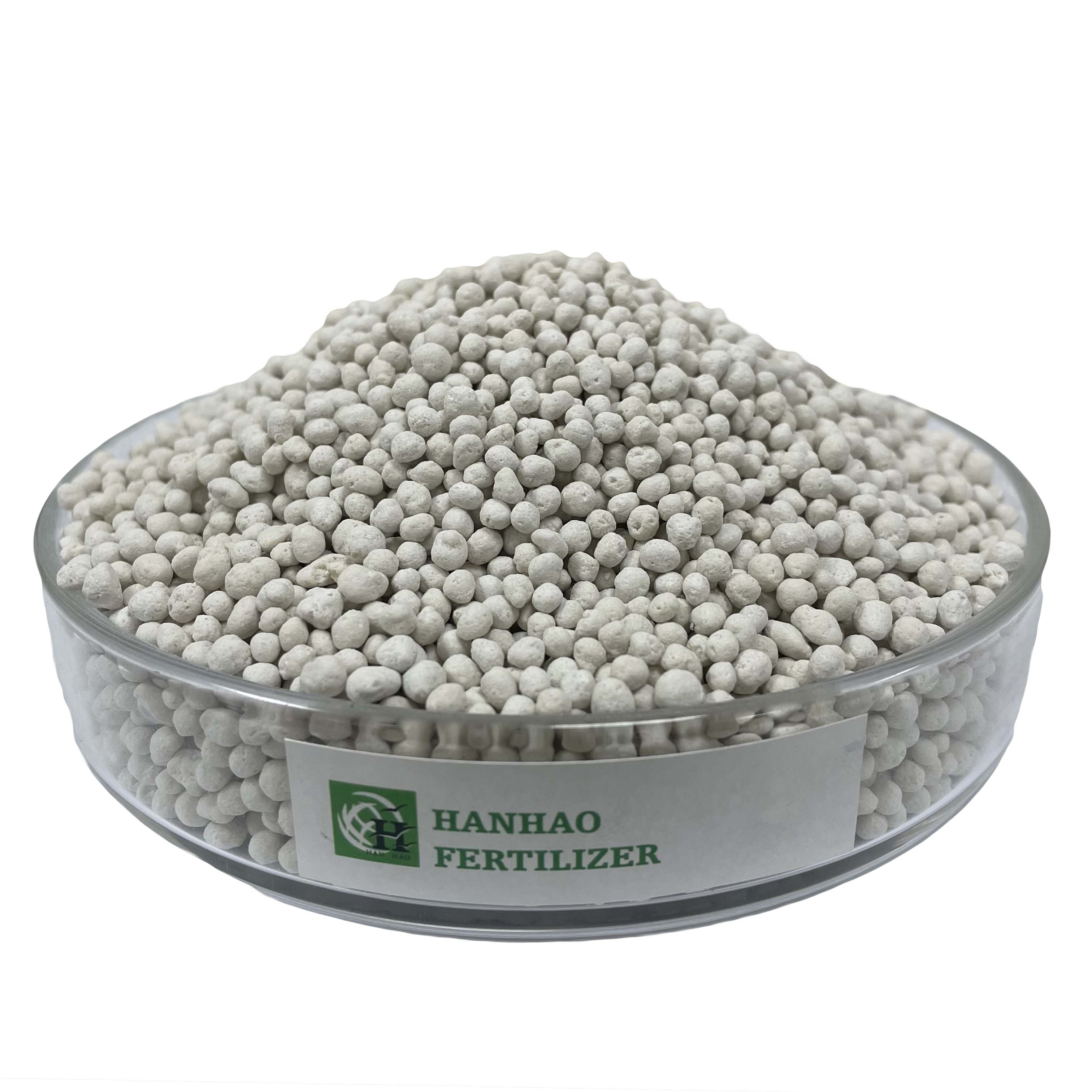Understanding the Impact of NPK on Crop Health and Productivity
In recent years, the demand for high-quality and sustainable agricultural practices has surged. To meet this demand, farmers and agricultural researchers have turned their attention to soil fertility, primarily the role of essential nutrients, including Nitrogen (N), Phosphorus (P), and Potassium (K), collectively known as NPK. This article aims to delineate the profound impact of NPK on crop health and productivity, with a particular focus on the role of soil sensors and soil NPK sensors in optimizing soil health.
Understanding NPK
To comprehend the influence of NPK on crops, it is crucial first to understand what NPK is. NPK is an acronym symbolizing the three most essential nutrients required by plants — Nitrogen (N), Phosphorous (P), and Potassium (K). Each of these elements contributes distinctly towards plant growth and development.
1. Nitrogen (N): Nitrogen is a fundamental component of amino acids, proteins, and nucleic acids, vital for plant growth. It promotes vegetation formation and leaf growth.
2. Phosphorus (P): Phosphorus plays a crucial role in energy transfer and storage in plants. It also aids in root development, flowering, and fruiting.
3. Potassium (K): Often referred to as the ‘quality nutrient,’ Potassium enhances the overall health and resilience of plants. It also plays a significant role in photosynthesis, protein synthesis, and nutrient uptake.
The importance of Balanced NPK in Soil
The overall productivity and quality of crops hinge significantly on the balance of NPK in the soil. Balanced NPK ensures optimal plant growth by facilitating various biochemical processes. An imbalance or deficiency of these nutrients can lead to stunted growth, low yield, and even plant disease.
NPK Compound Fertilizer Granular High Tower Granulation Tumbling Granulation
The Role of Soil Sensors in Managing Soil Health
Soil sensors are advanced instruments designed to measure and monitor various soil parameters, such as moisture, temperature, pH, and nutrient levels. These sensors can provide real-time data, enabling farmers to make informed decisions about irrigation, fertilization, and other soil management practices.
Integration of Soil NPK sensors
Soil NPK sensors are a type of soil sensor specifically designed to detect and quantify the levels of Nitrogen, Phosphorus, and Potassium in the soil. These sensors give accurate, real-time data about the soil’s NPK levels, helping farmers adjust their fertilization strategies accordingly.
Impact of NPK on Crop Health
1. Facilitates Growth: NPK is fundamental for various physiological and biochemical processes in crops. Nitrogen promotes leaf growth, Phosphorus aids in root development, and Potassium improves the plant’s overall health and resilience.
2. Enhances Crop Yield: A balanced supply of NPK can significantly boost crop yield. It ensures the optimal growth and development of crops, leading to higher and better-quality produce.
3. Resilience to Stress: Adequate NPK levels in the soil can enhance the crop’s resilience to various environmental stresses, such as drought, pests, and diseases.
Impact of Soil NPK Sensors on Crop Productivity
1. Precision Fertilization: Soil NPK sensors enable farmers to apply fertilizers more precisely, ensuring that the crops get the correct amount of nutrients they need. This precision reduces wastage of fertilizers and improves crop productivity.
2. Sustainable Agriculture: By allowing for more efficient use of fertilizers, soil NPK sensors contribute towards sustainable agriculture. They help reduce the environmental impact of farming by minimizing nutrient runoff into water bodies.
3. Cost-Effective Farming: Soil NPK sensors can lead to significant savings for farmers. By providing accurate information about the soil’s nutrient levels, these sensors help farmers avoid over-fertilization, leading to cost savings.
Conclusion
In conclusion, the impact of NPK on crops is immense, as these three nutrients play a vital role in plant growth and development. Balanced NPK in the soil can significantly enhance crop yield and quality. Modern tools such as soil sensors and soil NPK sensors are instrumental in managing soil health and optimizing crop productivity. By providing accurate, real-time data about the soil’s nutrient levels, these sensors enable farmers to make informed decisions about fertilization, contributing to more sustainable and cost-effective farming practices.


